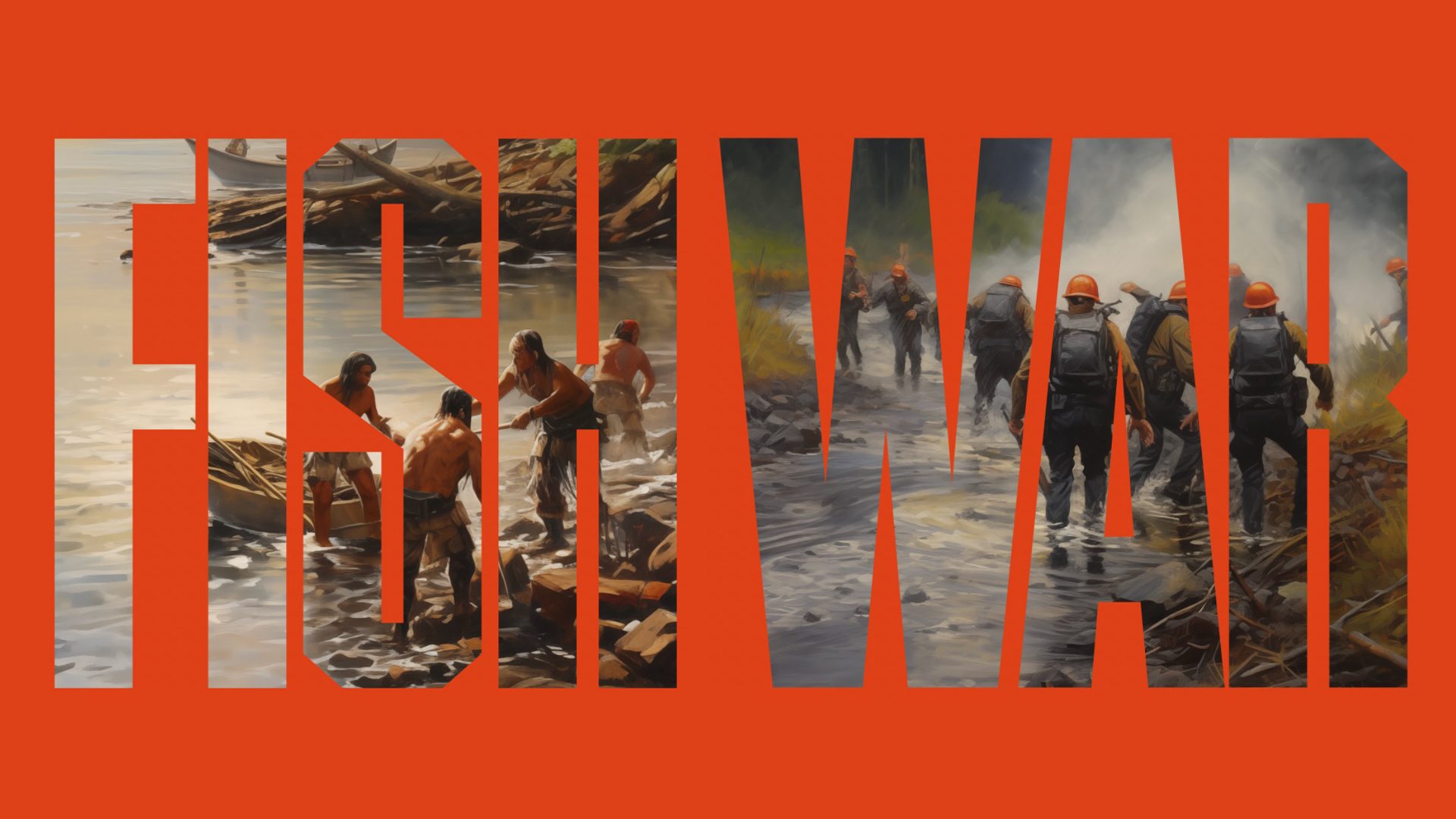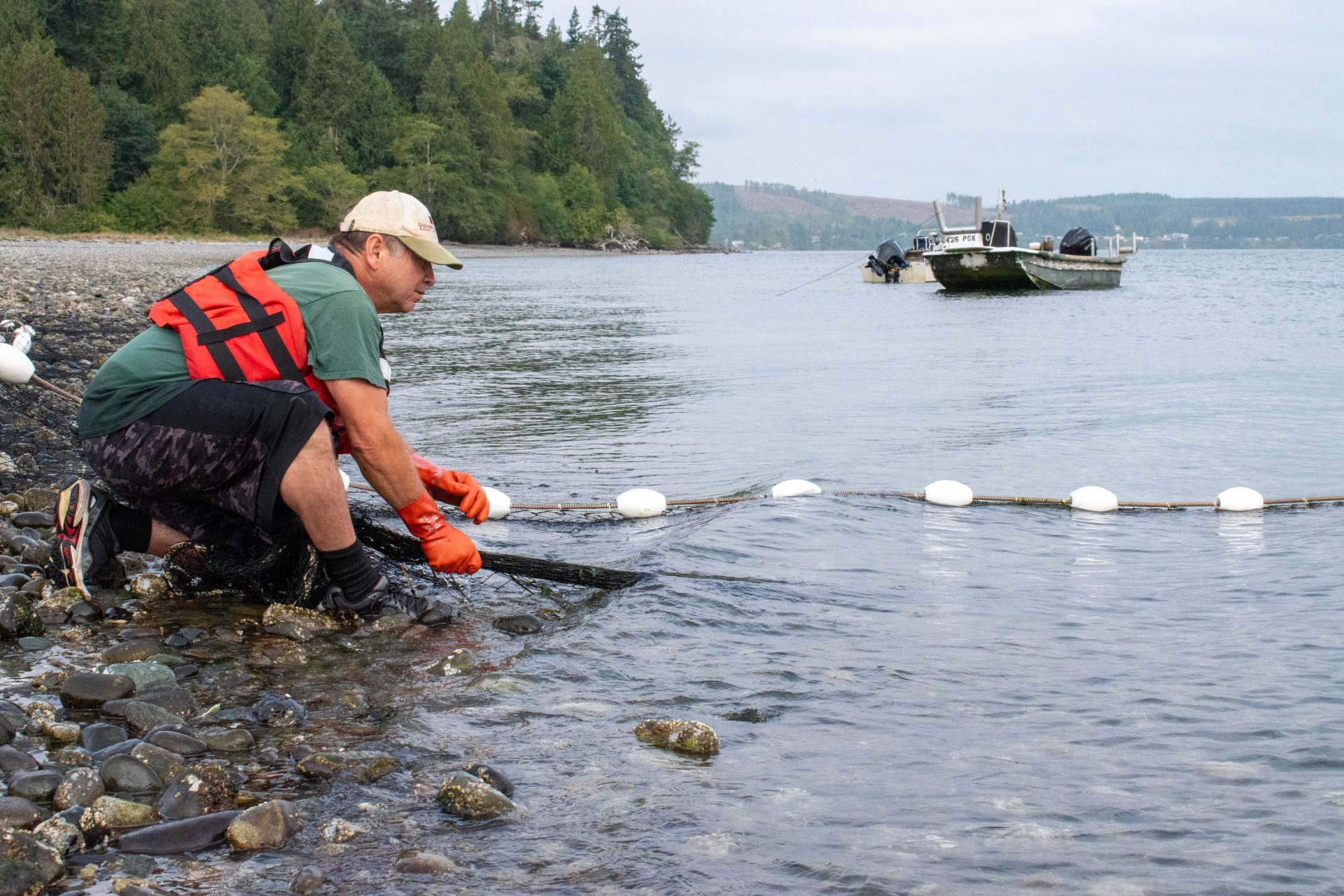Tim Ballew II, chairman of the Lummi Nation, wrote the following in the Bellingham Herald today:
With the largest native commercial fishing fleet in the United States, the Lummi Nation is able to contribute to the food supply of not only our nation, but the world. In 2013, 553 members of the Lummi Nation harvested 8.4 million pounds of fish or shellfish for commercial purposes. Our product travels across thousands of miles to dinner tables in China and beyond.
The Lummi Nation also operates one of the most successful and productive salmon hatcheries in the country. This program helps us responsibly manage our salmon. By maintaining our stocks using the best fisheries science, we can better ensure an abundant supply so that our community of both tribal and non-tribal fishermen has enough fish to go around.
The ability to grow our tribal economy while still harvesting for our homes and community is a true gift.
Through our commercial harvest, our tribal members are put on a path of greater self-sufficiency. But we also share our catch and harvest with those in need — tribal members and non-tribal members. Providing a hot meal, filling the cupboards and stocking the refrigerators of our neighbors, is just part of who we are. Our elders have always taught us the importance of sharing with others and we take that responsibility to heart.
In 2014, we served 10,706 pounds in meals and distributed 256,363 pounds of food at the Lummi Food Bank. We also served 1,823 participants through the commodity food program known as the “Commod Squad.”
The program provides low-income residents in Whatcom County with staples like milk, cheese, peanut butter, beans and vegetables. We’re honored to be able to make this contribution to the health and well-being of our neighbors.
The Lummi are fortunate that our lands and waters provide for us — the Salish Sea, the Nooksack River and local hunting grounds feed us. We’re more fortunate, still, that the food we harvest provides more than just nourishment for our bodies; it also links us to our local and global community




